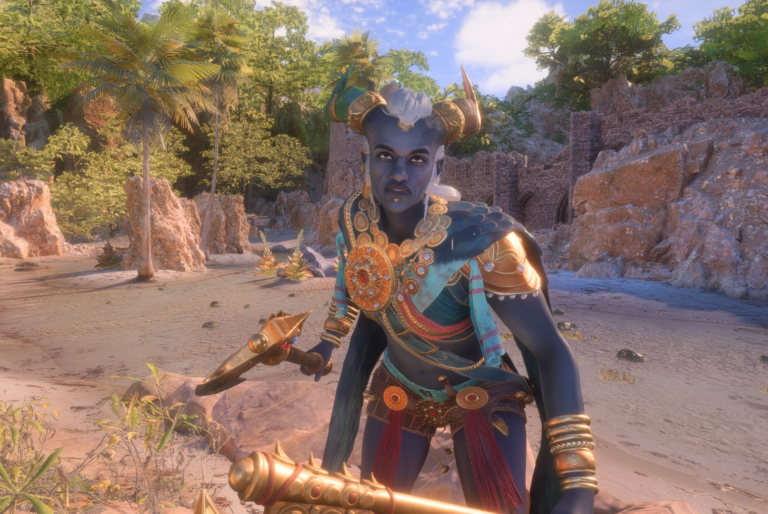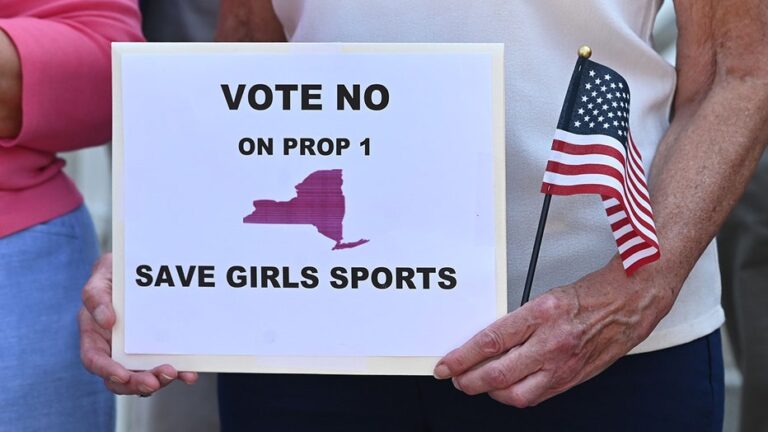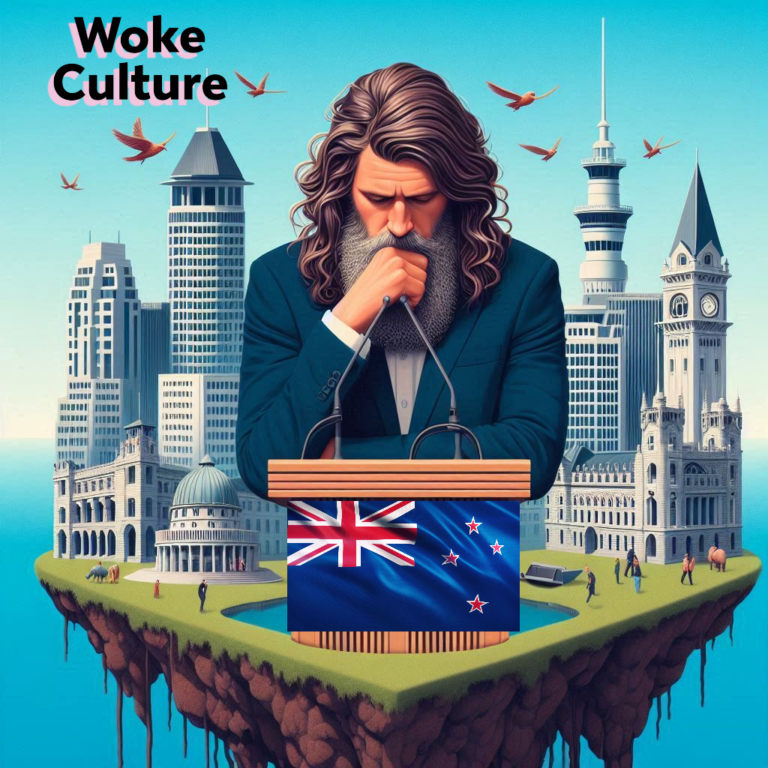Amsterdam Faces Rising Violence Amid Antisemitism and Xenophobia Concerns
Amsterdam’s Rising Struggles: Violence, Antisemitism, and Xenophobia
Amsterdam, with its picturesque canals and vibrant culture, has long been known as a progressive haven in Europe. But the serene image is now clouded with concerns over rising violence, particularly related to antisemitism and xenophobia. Recent events have shown that even the most liberal societies can face challenges that test their morals and unity. Buckle up as we explore what’s happening in this iconic city and why it matters to all of us.
Understanding the Climate of Fear
The streets of Amsterdam, once echoing with the laughter of tourists and the chatter of locals, are increasingly filled with anxiety. Reports of antisemitic incidents have surged, creating a palpable unease among certain communities. Imagine walking through your neighborhood, feeling a mix of pride and fear as you glance at the vibrant murals and cafes that embrace diversity. What if that sense of safety began to crack?
The Rise of Antisemitic Incidents
When we talk about antisemitism in Amsterdam, it’s crucial to look at the numbers. According to recent reports, incidents of harassment, vandalism, and violent attacks have risen sharply. The Jewish community, which has been an integral part of Amsterdam’s fabric for centuries, is now grappling with fears of violence in public spaces.
What does this mean for the individuals who have long called this city home? For many, it’s a heartbreaking reality. It’s like watching a beloved painting fade due to neglect. The vibrant colors of community spirit are being overshadowed by fear and division.
Xenophobia and Its Dangers
Antisemitism isn’t the only concern. Xenophobia has also been creeping into the city’s social fabric, threatening the inclusivity that Amsterdam has prided itself on. Immigrant groups often become scapegoats during times of social unrest. We see this worldwide, where fear of the ‘other’ can lead to a toxic mix of hate and violence.
It’s disheartening to witness neighbors turning against one another. Can you imagine feeling like an outsider in a place you once considered home? For many immigrants in Amsterdam, the fear of being targeted due to their ethnicity or background is becoming a daily reality.
The Role of Social Media and Misinformation
In today’s digital age, social media plays a massive role in shaping public opinion. Unfortunately, it can also act as a breeding ground for misinformation. Posts targeting Jewish and immigrant communities can quickly gain traction, feeding into existing fears and prejudices.
Think about how easy it is to share something without verifying its credibility. A single tweet or post can spiral into something much larger, influencing attitudes and behaviors. The Swedish psychologist Janis, who developed the concept of groupthink, might argue that when a group begins to act on misinformation, it creates an echo chamber that amplifies negative sentiments.
Why Are People Turning to Violence?
Understanding why violence has become a response to societal tensions is key to tackling the issue. For many, anger stems from fear and frustration. Economic instability, a global pandemic, and the pressures of modern life can lead to desperate measures. When individuals feel their identities or rights are threatened, violence can seem like a viable outlet.
The Complexity of Identity
Many residents in Amsterdam face challenges related to their identity. With the rise of right-wing populism across Europe, individuals are often torn between their ethnic backgrounds and the pressure to assimilate into the dominant culture. This tension can lead to explosive situations where individuals lash out in confusion and anger.
It’s a bit akin to watching a pressure cooker. Once the steam builds up enough, it can’t help but explode, often leading to unintended consequences and collateral damage. How can we create an environment where dialogue replaces violence?
Community Responses: Hope Amidst Fear
Despite the dark clouds looming over Amsterdam, there are rays of hope. Various community organizations, local governments, and individuals are stepping up to foster dialogue and understanding among different groups. Initiatives focusing on education about Jewish culture and history help bridge gaps and dispel myths.
Engaging the Youth
Engaging the youth is particularly vital in combating hate and division. Programs in schools that promote understanding and respect for differences are essential. Think of it as planting seeds in a garden. Nurturing these values in young minds can create a future where tolerance flourishes.
Lessons from History
Netherlands has a resilient history when it comes to dealing with antisemitism. Remember the Holocaust? Amsterdam was home to Anne Frank, a symbol of hope and resilience. Learning from history is crucial in preventing the mistakes of the past. As the saying goes, “Those who do not learn from history are doomed to repeat it.”
Educational programs that focus on the history of the Jewish community, and the dangers of both antisemitism and xenophobia, can reshape agendas. The more we know about each other’s pasts, the more we can build a shared future filled with understanding and compassion.
What’s Next for Amsterdam?
As Amsterdam navigates these challenging waters, the question arises: what’s next? The city’s leadership must address these growing concerns with practical solutions. Enforcing laws against hate crimes, investing in community outreach, and promoting intercultural dialogues can lay the groundwork for a more inclusive society.
The Responsibility of Citizens
However, the responsibility doesn’t rest solely on the shoulders of governments and organizations. Each citizen has a role to play. Standing up against hate, rejecting divisive narratives, and fostering community spirit can create an environment where fear has no place.
After all, every small act can ripple out to create larger societal changes. What if you decided to attend a community event or engage in conversations with someone from a different background? It could lead to a greater understanding and cohesion.
Conclusion
As we watch Amsterdam grapple with rising violence linked to antisemitism and xenophobia, it’s essential to remember that the battle for a peaceful society lies in our hands. While the shadows of hate may seem daunting, there’s always light to be found in understanding and compassion. With engaged communities and responsible citizens, a brighter future can still be painted on the canvases of this historic city.
FAQs
1. What is the current state of antisemitism in Amsterdam?
Antisemitic incidents in Amsterdam have surged recently, resulting in increased fear among the Jewish community.
2. How does xenophobia manifest in the city?
Xenophobia in Amsterdam often presents itself as hostility towards immigrant communities, leading to discriminatory actions and attitudes.
3. What role does social media play in fueling violence?
Social media can spread misinformation quickly, amplifying fears and prejudices that contribute to violence.
4. How can communities combat rising hate?
Education, dialogue, and engagement at the grassroots level are key strategies for combatting hatred and fostering understanding.
5. What historical lessons can help address current issues?
Understanding the history of antisemitism, including the Holocaust and the experiences of the Jewish community in Amsterdam, can inform contemporary efforts to combat hate.







